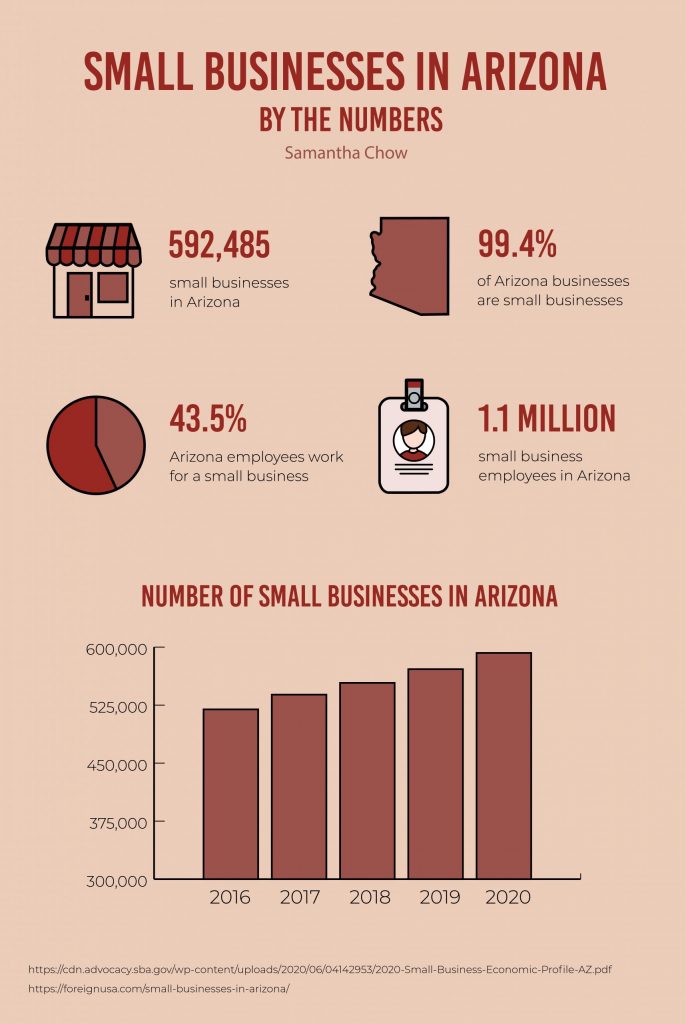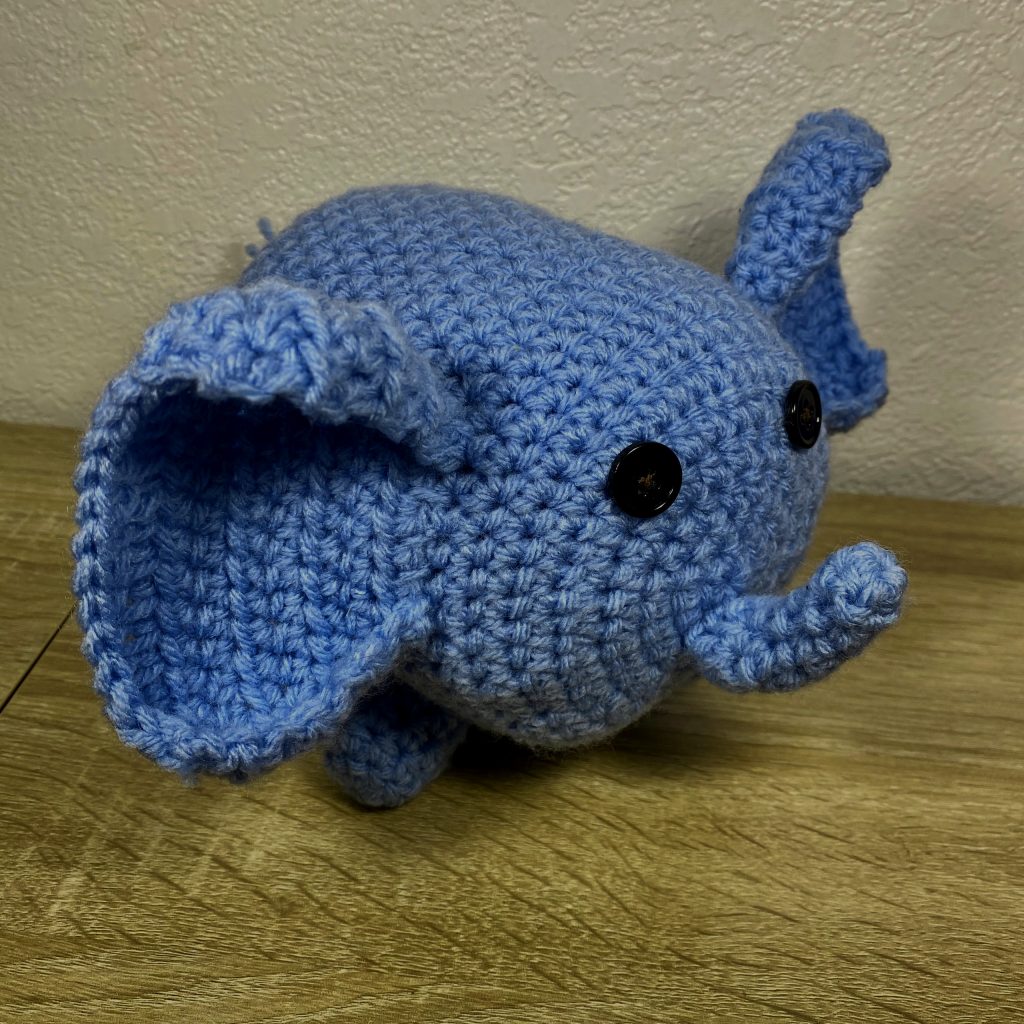
For at least five consecutive years, Arizonians have seen promising growth for small businesses. That is until the novel COVID-19 virus struck. Amidst the tragedy of the pandemic, three Tucson businesses are looking to social media to help their businesses grow.
A normal day for local street vendor Evelyn Avila includes preparing and selling homemade ice cream and snacks amongst the bustling streets of open-air markets.
The prosperity of her business quickly came to a halt as COVID-19 cases rose. Avila sums this up as, “It put a bump in our life.”
The products she sold no longer came in consistently — and she had nowhere to sell. Eventually, Downtown Tucson cancelled markets and major events, slashing another part of her family’s income.
As Avila dealt with the pandemic as it came, she said she wanted to start the transition from open-air markets to selling on social media sites, like Instagram.
Avila felt that having her products showcased will help raise her profits. “People can look at our products and be like ‘Oh, that’s actually good quality’ and they can start ordering more and they can start recommending to their friends and family,” Avila said.
Someone who has implemented this strategy is Alexa Jimenez who owns the dessert shop dippedbyalexa. Jimenez uses social media sites like Instagram, Facebook and Snapchat to promote and gain clients and followers.
On a weekly basis, Jimenez creates treats for special occasions like anniversaries or birthdays; other times, simply to satisfy one’s hunger. Although COVID-19 forced her to provide pick orders only, it gave her an opportunity to expand her online presence.

Social media quickly became an outlet for rapid growth. Jimenez began her business during the pandemic in March 2020 and as of June 2021 has 1,234 followers on Instagram.
Jimenez attributed her growth to the accessibility of social media. She said, “In my opinion, if social media didn’t exist, there wouldn’t be many businesses,” as it allowed for her friends to repost and tag her work, which increased her sales from seasonal clients to one to three a week.
DMar Crochet owner Marina Dicochea said she has found success on social media. There she sells crocheted attire for adults, children and pets along with stuffed animals.

Dicochea described social media as extremely flexible and useful.
The combined convenience of having her products ready to view and the easy sharing of her posts ensured exposure. Dicochea found the amount of clients she worked with before and after the pandemic remained stable, but still feels it has helped her expand her online reach.
Regardless of the pandemic, Jimenez, Dicochea and Avila continued to do and plan for what they love. Dicochea said, “I really enjoy making my products. I’ve been doing it for 16 years and probably will until I’m an old lady.”
With COVID-19 restrictions steadily lessening, Avila, Jimenez and Dicochea wish to reach the lives of audiences they have yet to touch.
The pandemic did not stop their passion but inspired all three business owners to continue to chase their dreams.
Social media has become an integral part of business. In the midst of a year-long lockdown it was able to mend the severed connection between business owner and customer.

